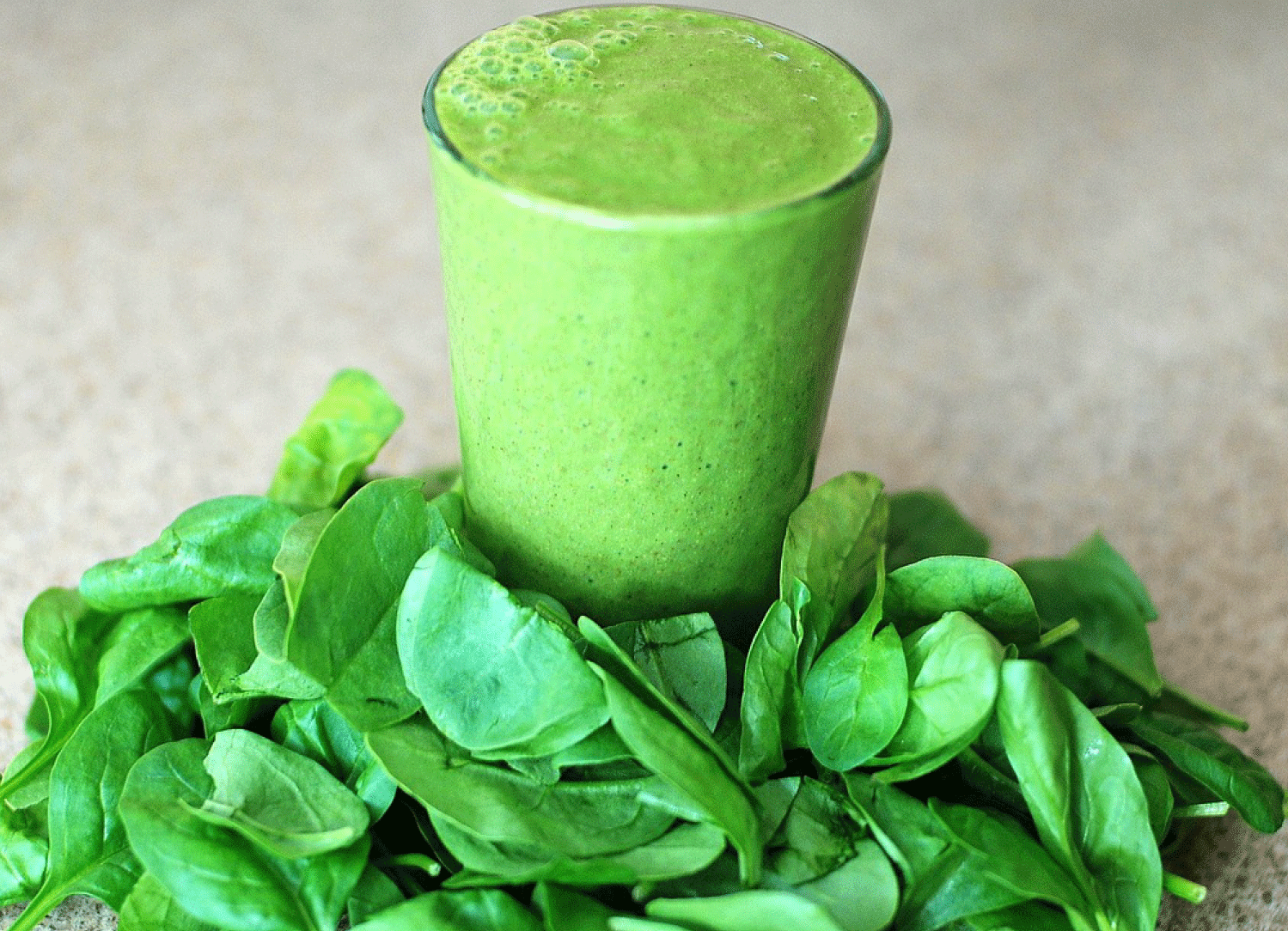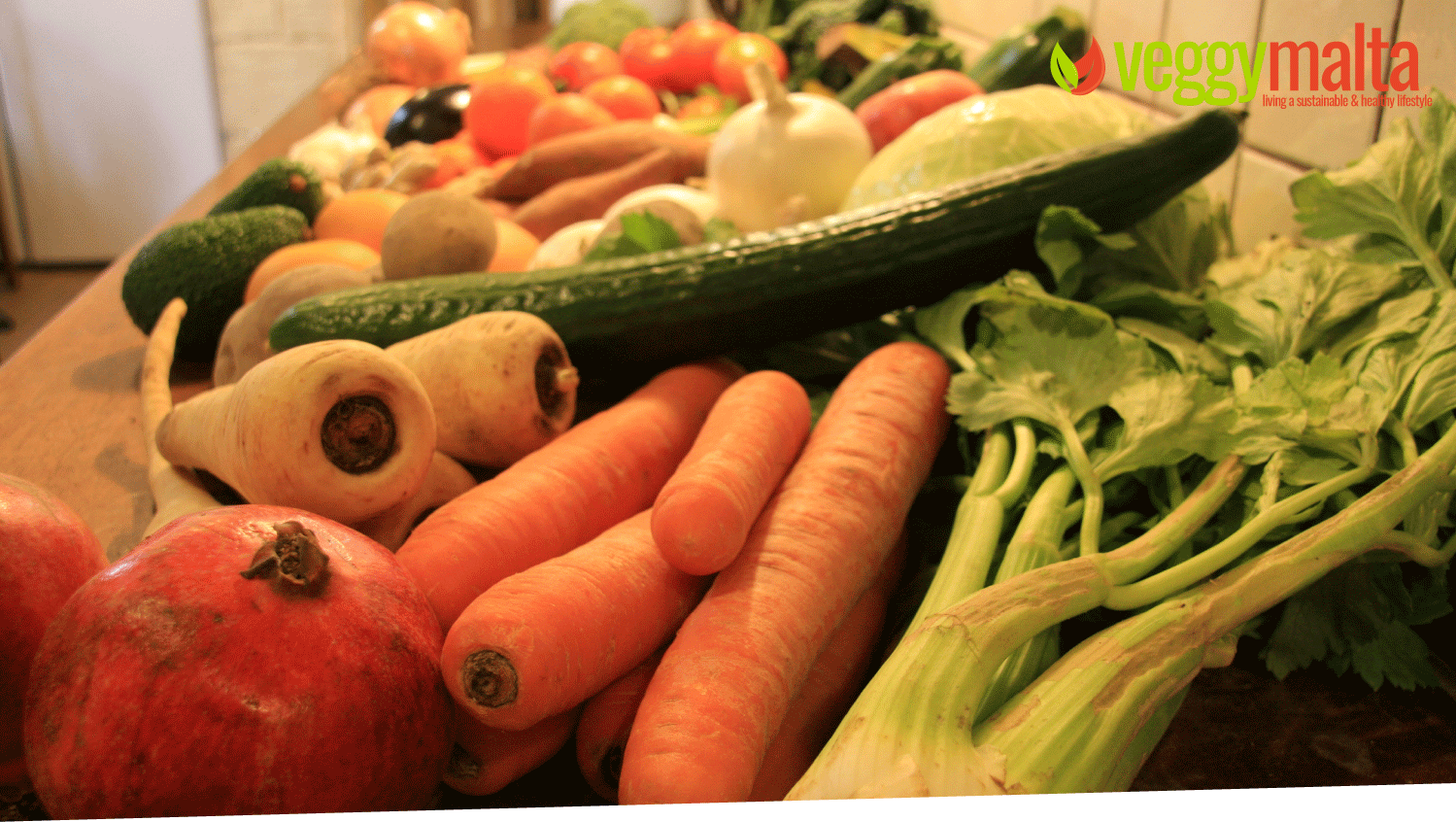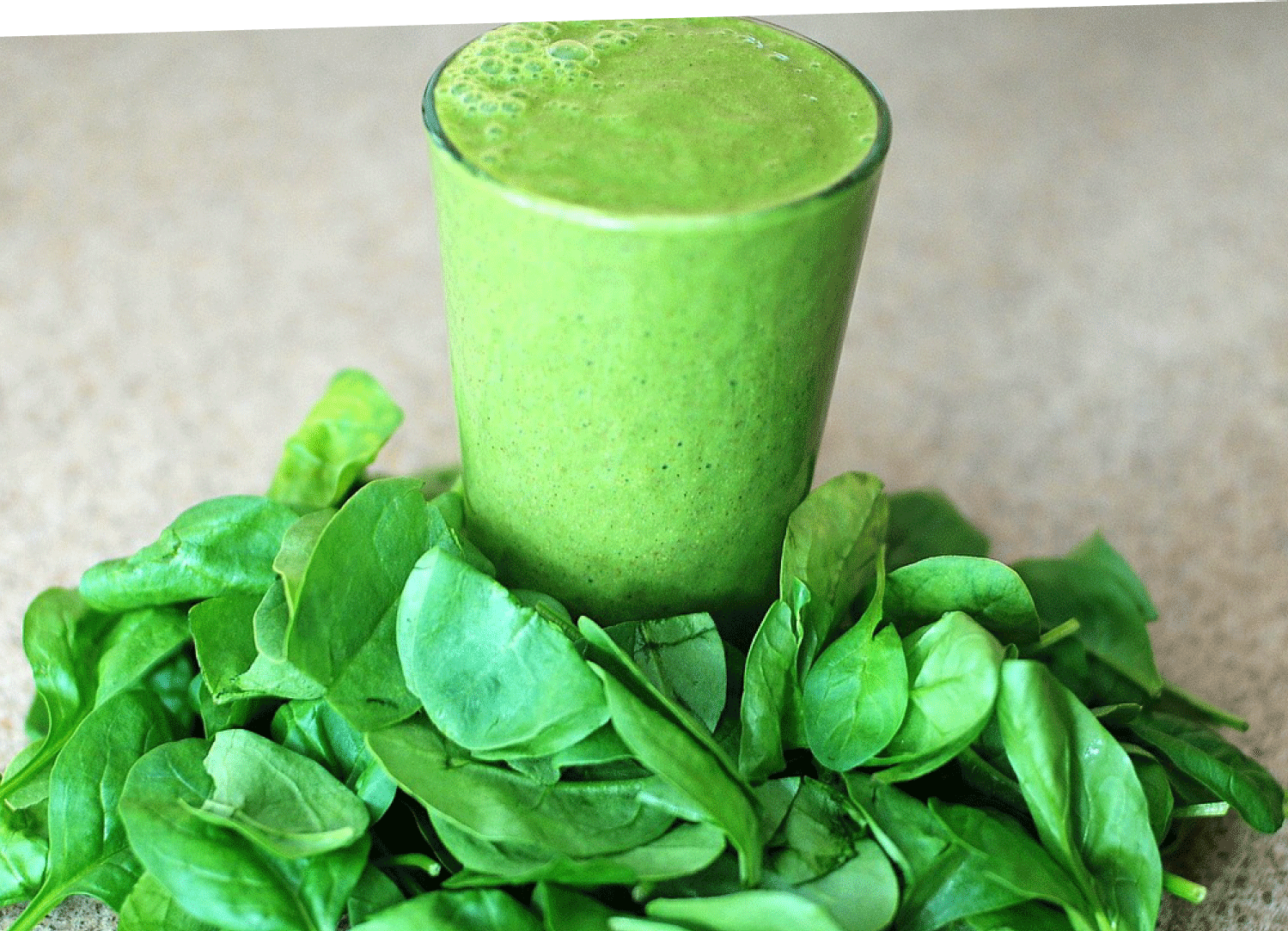Veggy Malta looks into a topic that is gaining popularity; raw veganism. So what is raw vegan?
Essentially raw veganism is the combination of veganism with raw foodism. Being vegan on one part, that means that it will exclude all food and products that are of animal origin and this even includes by products like honey or cheese. On the other hand it excludes any food which is cooked above 48 °C (118 °F). [1] A raw food diet, usually called raw foodism, is all about eating unprocessed and uncooked foods with the aim to get all the nutrients without any of the dangerous additives. A raw food diet also includes animal products like fish, eggs, some meat and raw dairy. In a raw vegan excludes these completely.
A raw food diet will generally not include foods that have been pasteurised, homogenised, produced with chemicals or include chemical food additives. By consequence one would have to virtually exclude the vast majority of processed and packaged products found inside the grocer or supermarket. But why go for raw food? Believers of this diet, “raw foodists” will state that foods cooked above the mark will lose their enzymes and therefore lose a significant amount of their nutritional value, plus they are harmful to the body. whilst uncooked foods provide living enzymes and proper nutrition. [2] As in every case there are studies that argue differently on parts of this statement. [3]
What do raw vegans eat?
A raw vegan diet will include a number of foods. [4]
- leafy greens | these include green lettuce, romaine lettuce, kale, spinach, swiss chard, collard greens, beet greens and water cress just to name a few.
- nuts and seeds | natural or sprouted. almonds, cashews, walnuts, macadamia nuts, pumpkin seeds, sunflower seeds, hemp seeds, flax seeds, chia seeds, sesame seeds etc.
- sprouts | different kinds of sprouts such as alfalfa, sunflower, broccoli, mung beans, chick peas, lentils, quinoa and chickpeas
- all raw fruits and vegetables | apples, oranges, carrots, peaches, strawberries, peppers, pineapple, cucumber, mango, celery, zucchini, banana, beets, olives and the list can go on and on
- grains | soaked and sprouted grains like amaranth, millet, barley, buckwheat, kamut, oats, wheat berries and wild rice
- herbs and raw spices
- sea vegetables | nori, kelp and dulse and others
- oils | coconut oil, flax seed oil, hemp seed oil, walnut oil and avocado oil are popular
- fermented foods | like sauerkraut, coconut kefir, coconut yogurt and kombucha
- superfoods | spirulina, maca powder, cacao, lucuma powder, wheat grass etc
- sweeteners | agave nectar, coconut palm syrup, yacon syrup, mesquite powder, maple syrup, and stevia
What are the benefits of raw vegan diet?
There are many benefits that have been associated with a raw diet. A raw food diet is stated to helps alkalise the body, reduce acidity and has a lesser chance of fermenting in the gut and causing inflammation and autoimmune reactions. [5] Proponents of this diet advocate that it cure illness and disease, but it also contributes to heightened energy, extreme mental focus and cognitive clarity, improved physical ability, clear skin, effortless digestion, optimal nutrient absorption, and more. [6]
Eating many vegetables and fruit will help control your blood pressure. It might help lowering your chance of those health problems normally associated with sodium. Other pluses are losing weight and keeping it off can help prevent or manage type 2 diabetes. [7] Most raw foods are naturally gluten free and thus this diet can be good for whoever is gluten intolerant.
Other things to consider before going raw vegan
You will be giving a break to your cooker. But you will be needing other kitchen appliances like juicers, blenders and dehydrators. Organic vegetables and ingredients tend to be slightly more expensive. There are very few places where you can dine out (though increasing). Also adopting this diet will require a degree of preparatory work. Though raw foodists quickly become experts at blending and dehydrating foods. Furthermore it is important to monitor your vitamin and mineral uptake and possibly take supplements. Given that this is a raw vegan diet there is a decreased risk of food poisoning than a raw food diet.
As already mentioned that are a few places from where you can buy raw vegan food. the choice is increasing from delicious desserts to energy bars to food.
Disclaimer: The information and content on this site is intended to be of general informational use. It is not intended to constitute medical advice, medical diagnosis, or medical treatment. You should always consult your doctor or other health care professional before making any changes in your diet, exercise pattern or lifestyle.






3 comments
Great article. I believe though that raw veganism might be decreasing in it’s popularity, yet still a very good insight.
I’m vegan. Many years ago we tried to do raw vegan, but it didn’t last. This is a good reminder to start eating more raw foods in our diet. We do a lot of cooked foods and really need to get back to eating a higher percentage of raw.
Well said Kari